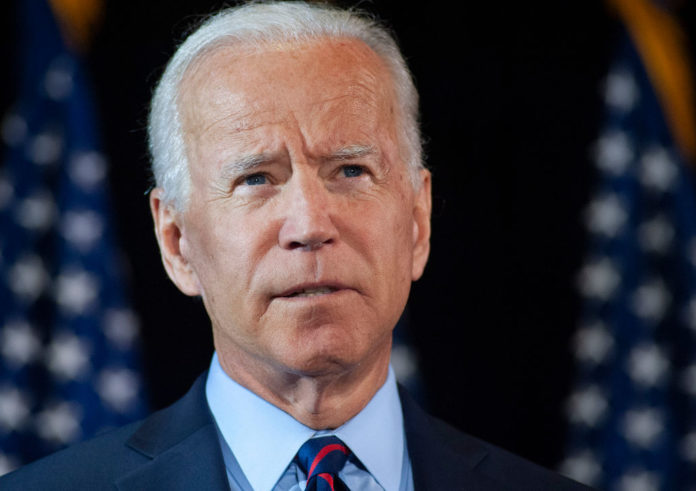With just a month left until April 24, the 106th anniversary of the Armenian Genocide, the Armenian-American community once again awaits a new president to see if he will keep his promise on recognition of this historical fact. While President Ronald Reagan did use the term in a remembrance message, the federal government continued to appease Turkey for decades to come through refusing to use the word, keeping it an outstanding issue. As scholarly research has made the truth of the genocide even harder to deny, tactics by Turkish lobbyists evolved from outright denialism to more nuanced technicalities or just plain threats as to why the president and Congress should not use the ‘g-word’. As candidates, both George W. Bush and Barack Obama pledged to recognize the genocide, yet both broke their pledges, with Bush strongly urging Congress to reject a genocide recognition bill in 2007, while Obama referred to the event by other names.
After being burned so many times in the past, the Armenian-American community is going to have to see the promise fulfilled before believing it. There are reasons for hope though, as Turkey’s treatment of and standing in the eyes of the United States is much different now than in past years. In recent days, an article from a Greek publication cited an unnamed White House spokesperson saying “President Joe Biden believes it is important to acknowledge history in respect to the issue of the Armenian Genocide.” The same day, political scientist and analyst Ian Bremmer tweeted definitively: “White House: US will formally recognize Armenian Genocide. #AboutTime.” Bremmer later added that the statement made to the publication was worded as to not front-run a formal announcement, and that he was told by a White House advisor recognition was “what [Biden] pledged as a candidate and that’s the policy going forward.”
He wrote on Twitter, “This shouldn’t be a surprise: Biden promised he would make the move if elected. VP Harris co-sponsored the senate resolution on this in 2019. And Sec State Blinken has put human rights higher on Biden’s agenda than Obama’s (or, obviously, Trump’s).”
Biden’s administration has positioned itself as bringing respect for human rights back into US foreign policy and sees recognition of the Armenian Genocide as a critical part of that guiding principle. These statements from the White House came in response to a bipartisan letter sent by 38 senators urging Biden to keep his promise, which demonstrates the power of Armenian-American grassroots advocacy.
The 2019 recognition resolutions which passed overwhelmingly in both the House and Senate were long-awaited and extremely hard-fought milestones which put the legislative branch on record acknowledging history. However, these resolutions were non-binding and did not alter official policy, which is directed by the executive branch, explaining why presidential recognition remains so important. If and when the United States fully recognizes the genocide, it will leave the United Kingdom as perhaps the only major western power which has not done so. Privately, for years the UK’s foreign policy on the genocide issue had been to follow the United States’ lead, which is just one of many examples of the international resonance Biden’s potential recognition will have in setting the tone on handling the genocide. Armenian-American advocacy has been a vital factor in holding lawmakers accountable and seeing to it that the truth be known, and there are some interesting details to be gleaned from the recent letter to Biden.
The letter was circulated by Senator Bob Menendez, the chairman of the very relevant Senate Committee on Foreign Relations, a position once held by President Biden. One important thing to understand from letters like this one is that while they are a strong demonstration of support, a senator not having signed it does not necessarily mean he or she does not support it. The time from circulation of the letter for signatures to delivery to the president is often only about a week, which doesn’t leave much time for grassroots pushes from constituents to reach their senators and secure signatures. No doubt more time would have resulted in even more signatures, but the 38 signatures is very significant as it represents well over 1/3 of the Senate. The signatures can tell us a great deal about the status of Armenian issues in the Senate.








